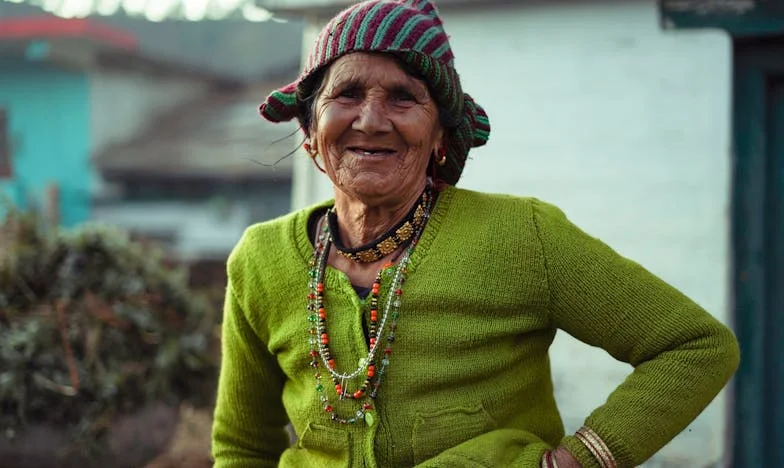“When Grandma Couldn’t Help with Our Baby: But Found Energy for Her Daughter’s Child”
My mother-in-law, Linda, was always a vibrant woman. She was the life of every family gathering, always bustling around, making sure everyone was comfortable and well-fed. But as she approached her 60th birthday, something changed. She started complaining about her health more often, saying she felt tired all the time. We didn’t think much of it at first; after all, everyone slows down a bit as they get older.
When my husband, Mark, and I had our first child, we were over the moon. We named our baby girl Emma, and she quickly became the center of our world. We were excited to introduce her to Linda, hoping she would be just as thrilled to become a grandmother. However, when we asked Linda if she could help us out occasionally, she hesitated.
“I’m not as young as I used to be,” she said with a sigh. “I don’t think I have the energy to take care of a baby.”
We were disappointed but understood. Taking care of a newborn is no small task, and we didn’t want to pressure her. We hired a nanny to help us out and managed as best as we could.
A few years later, Mark’s sister, Sarah, announced that she was expecting a baby. The whole family was excited, and Linda seemed particularly thrilled. She started knitting baby clothes and talking about how she couldn’t wait to meet her new grandchild. When Sarah gave birth to a baby boy named Jack, Linda was there every day, helping out in any way she could.
It was like she had turned back the clock. She was full of energy, playing with Jack, taking him for walks, and even offering to babysit overnight so Sarah could get some rest. Mark and I couldn’t help but feel a pang of jealousy and confusion. Why hadn’t she been able to do the same for Emma?
One evening, Mark decided to talk to his mother about it. He gently asked her why she hadn’t been able to help us when Emma was born but seemed so energetic now.
Linda looked uncomfortable but finally admitted, “I guess I just didn’t feel the same connection with Emma as I do with Jack. Sarah is my daughter, and I feel a stronger bond with her child.”
Mark was devastated. He had always been close to his mother and couldn’t understand how she could feel this way. He came home that night and told me everything. We were both heartbroken.
From that day on, our relationship with Linda changed. We still saw her at family gatherings, but there was a distance that hadn’t been there before. Emma grew up without the close bond with her grandmother that we had hoped for. She noticed the difference in how Linda treated her compared to Jack and often asked why Grandma didn’t love her as much.
We tried to shield Emma from the truth as best as we could, but children are perceptive. She grew up feeling the sting of her grandmother’s favoritism, and it affected her self-esteem.
In the end, we learned a hard lesson about family dynamics and favoritism. Not all grandparents are able to love their grandchildren equally, and sometimes the reasons are deeply personal and painful. Our story didn’t have a happy ending, but it taught us the importance of being there for our own children in ways that others might not be.
